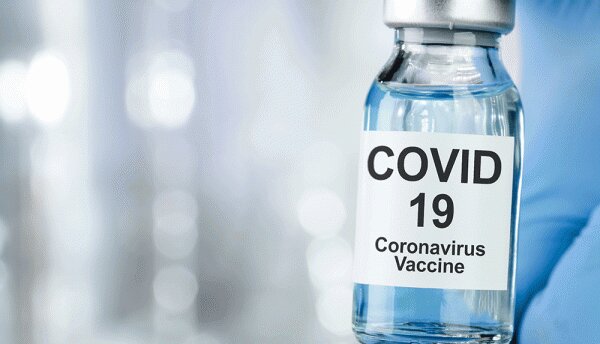Avigan efficacy against coronavirus still not verified in Iran, says Iranian FDA
The antiviral efficacy of the Japanese drug Avigan against the coronavirus has not been yet verified, said the head of Iran’s Food and Drug Administration (FDA) on Sunday, as the results of clinical tests are still pending.
Speaking at a video press conference, Iranian FDA’s Mohammad Reza Shanesaz said it is not yet clear whether the Japanese drug – which is also known as favipiravir, is really effective in the treatment of the novel coronavirus
Asked about the results of the clinical trials on coronavirus patients using the Avigan, Shanesaz said the efficacy of the drug has not been certified in Iran or in any other country so far.
“In our country, we have begun the process of production (of Avigan) in parallel with the clinical studies. Because the medication is not used for treating coronavirus alone, as it is also used for flu treatment as well,” Shanesaz said.
The drug is now being synthesized in Iran and at the same time undergoing clinical trials, the Iran official added, saying the test results are still pending, the Iran Front Page (IFPnews) reported.
Shanesaz described media reports citing a number of physicians talking about the efficacy of Avigan as baseless, saying such speculations created unrealistic expectations.
“… the Health Ministry’s scientific committee does not verify these claims.”
Earlier this month, a member of Iran’s National Committee for Coronavirus Fight said if the results of clinical trials prove the efficacy of the Japanese drug, Iranian companies can produce it on a large scale.
The drug, developed by Japanese Fujifilm Holdings in 2014, has emerged as a potential drug to treat patients infected with the coronavirus in Japan and China. Italy has decided to approve the use of the drug. Kenya, and Egypt have ordered Avigan to treat local patients after clinical trials. Fujifilm Holdings is conducting the second-phase of clinical trials in the U.S.
On April 9, the U.S. Food and Drug Administration has given the green light on Wednesday for the country’s first clinical trial of Avigan, involving around 50 or 60 patients with the coronavirus.
According to Fujifilm, Avigan shows anti-viral activities against other RNA viruses, which are known to cause fatal hemorrhagic fever. These unique anti-viral profiles have make it a promising drug for the coronavirus disease.
The drug was approved for manufacture and sale in Japan back in 2014 to treat influenza by interfering with the virus replication process.
Avigan “selectively inhibits RNA (ribonucleic acid) polymerase necessary for influenza virus replication,” Fujifilm explained in a statement.
“Due to this mechanism of action, it is expected that Avigan may potentially have an antiviral effect on the new coronavirus, because like influenza viruses, coronaviruses are single-stranded RNA viruses that also depend on viral RNA polymerase,” the Japanese company said.
However, it is not recommended for expectant mothers or women who might become or are willing to get pregnant to take Avigan due to the risk of birth defects.
Earlier in March, the Chinese government said the drug has proven its effective against the novel coronavirus.
“It has a high degree of safety and is clearly effective in treatment,” said Zhang Xinmin, director of China’s National Centre for Biotechnology Development, in a news conference in early March.
The clinical trial was conducted at hospitals in Wuhan and Shenzhen, with 200 patients participating. Test results for those receiving the drug turned negative in a shorter period, and their pneumonia symptoms improved at a higher rate.
These patients tested negative for the virus with a median of four days after becoming positive — much lower than the average of 11 days for those who were not given the medicine, Xinmin told the Guardian.
“The trial also found that X-ray photos confirmed improvements in lung conditions in about 91 percent of the patients who were given the medicine. The number stood at 62 percent for those without the drug.” Xinmin said.


